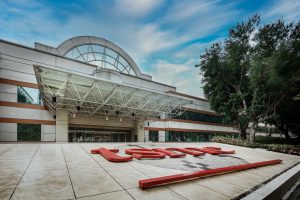Popular Keywords
- About Us
-
Research Report
Research Directory
Semiconductors
LED
Consumer Electronics
Emerging Technologies
- Selected Topics
- Membership
- Price Trends
- Press Center
- News
- Events
- Contact Us
News

Cars are becoming smarter, introducing a new dimension to the world of “mobility.” However, amidst a plethora of fancy terms, what exactly is the future mode of mobility? What problems does it aim to solve? It is something worth delving into further. When we discuss “future mobility,” do ...
News

Due to escalating geopolitical risks, Tesla is reportedly requesting its suppliers to begin manufacturing components and parts outside of China and Taiwan as early as 2025. According to a report from Nikkei News on May 23rd, citing sources from the supply chain, suppliers of printed circuit boa...
News

Tesla's journey towards autonomous driving necessitates substantial computational power. Earlier today, TSMC has confirmed the commencement of production for Tesla's next-generation Dojo supercomputer training chips, heralding a significant leap in computing power by 2027. As per a report from Te...
News

In 2023, "generative AI" was undeniably the hottest term in the tech industry. The launch of the generative application ChatGPT by OpenAI has sparked a frenzy in the market, prompting various tech giants to join the race. As per a report from TechNews, currently, NVIDIA dominates the market by...
News

Recently, the information cited by Sina Technology indicates that during a recent internal event at Xiaomi, executives from Xiaomi's automotive division disclosed that the team currently comprises 3700 members. Reportedly, their ambitious goal is to create a Dream Car that can compete with renowned ...